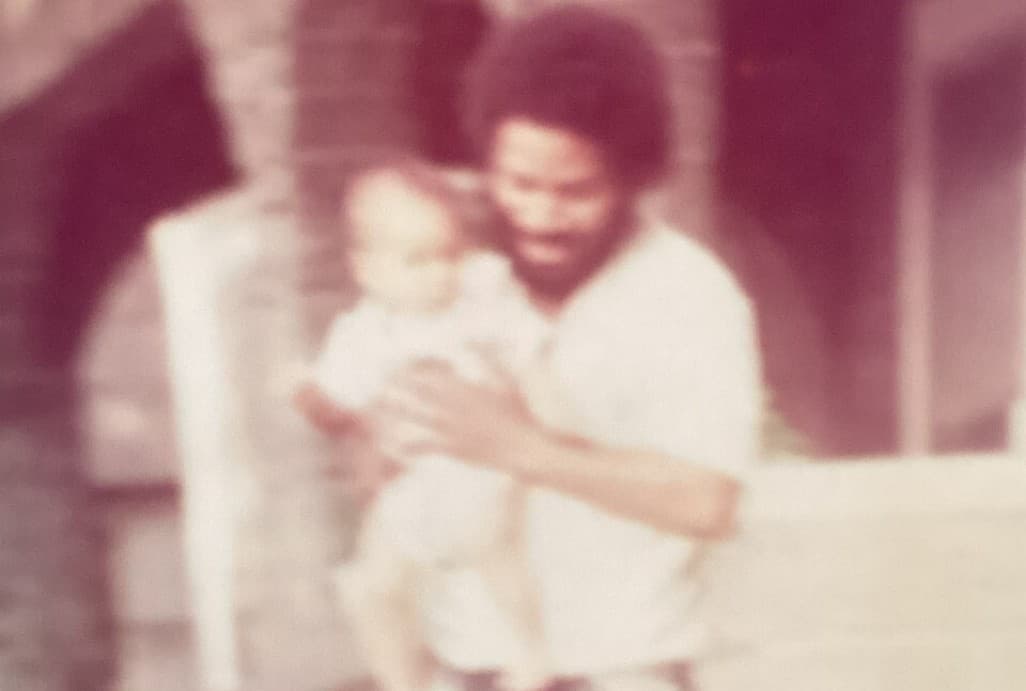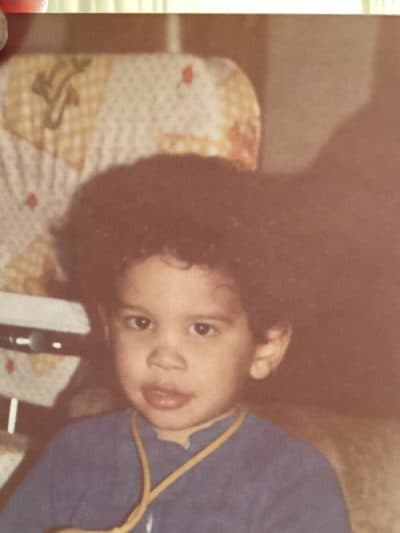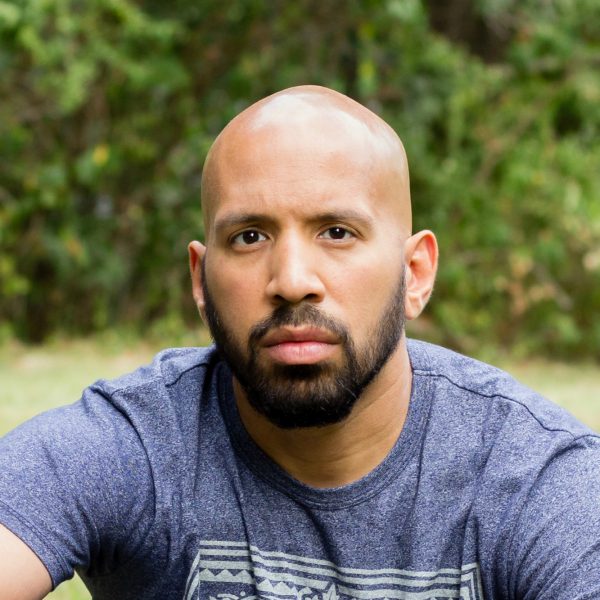
The unbearable whiteness of being
I used to make fun of my Pop’s Afro. I remember the way he trimmed it in the bathroom mirror. The way he styled and shaped it to geometric perfection. I didn’t know it at the time, but I envied that hair. I still do.
I am a biracial Black man. Pop’s loose curls plus my mother’s arrow-straight locks left me with a shock of hair more Prince than Angela Davis; skin more Dwayne Johnson than Wesley Snipes. So I heard the question, as early as grade school:
“What are you, exactly?”
The question dogged me through high school, followed me to college, nipped at my heels through adulthood — until I shaved my thinning hair.
My wife is white. So my sons have inherited the same dilution of skin and hair I got from my parents. My youngest is blonde. He looks white.
I’m raising my sons, as my father raised me, to be proud of their Blackness. My wife and I stock their shelves with children’s books by authors and with characters of color. But I worry my sons will be confronted with that same question: What are you? And when they answer as they’ve been taught, will they be doubted?
I experienced that disbelief: No way was I “mixed” with Black. I didn’t dress right, I didn’t talk right.

As a child, you want to belong more than anything. The constant disbelief and invalidation of your identity wears you down, to the point you almost begin to question it yourself. It saps you of the courage to stand up to racism when it’s spoken in your presence because you don’t want to be alone anymore. I won’t have that for my sons.
Those who cling to the fallacy of post-racial America are sure to tell me that times are different. Race is a social construct. It doesn’t matter what color my sons are, as long as they are good people.
But it matters what color they are. In many ways, my sons will benefit from their lighter skin and hair. It may spare them pain and I’m grateful for that. But I also hate that this divergence from their Blackness brings me some sense of relief.
Pops still wears that Afro. A little grayer. A little less full. No less proud.
Once, my older son asked to touch his grandfather’s hair. It was a moment of pure innocence, but it carried a weight that rang of that very privilege that I both dread and hope for. It came from a child’s curiosity and that made me smile. But on the inside, I cringed.
Advertisement
While my father laughed it off and acquiesced, I know he felt it, too, along with something else: We still have work to do.
Editor's note: The original version of this essay was published on May 2, 2017. We are republishing a new audio version, as part of Cognoscenti's 10th anniversary celebration.
